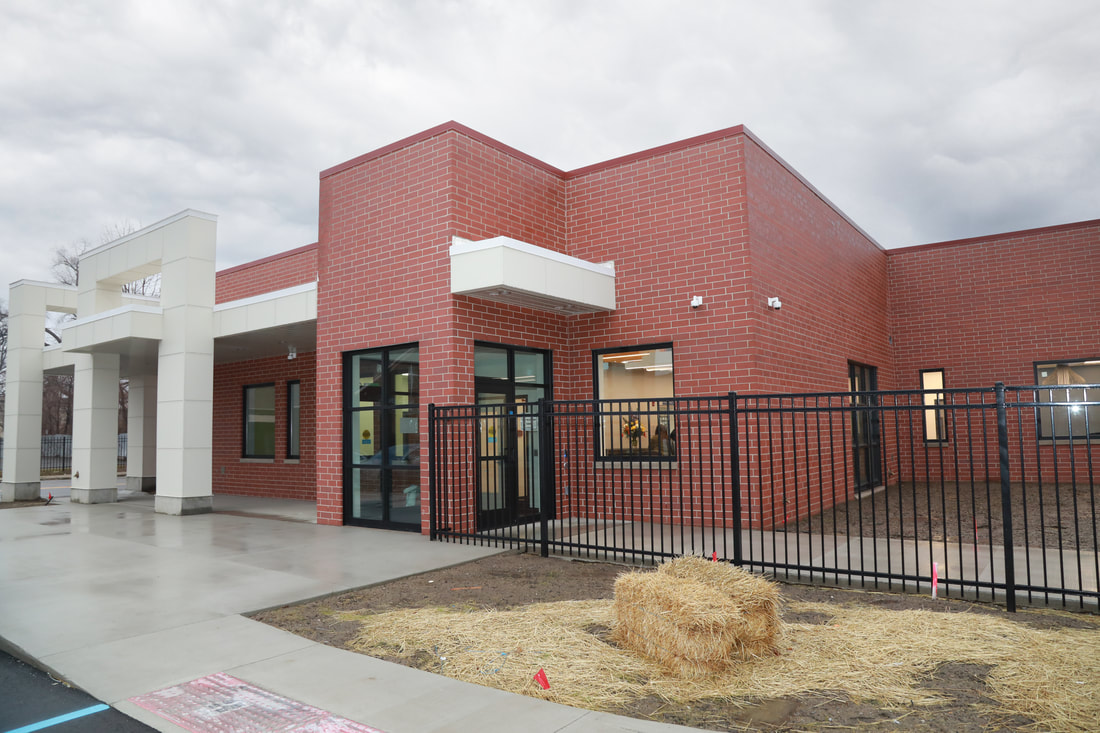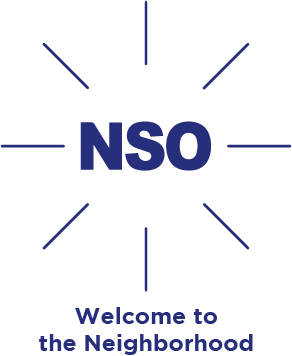Hope Begins with a Home- Together We Can Make an Impact on Housing, Health and Well-Being in Metro Detroit
Alive in Detroit-Trailer
Housing Services
NSO’s Housing Services is dedicated to alleviating homelessness by providing emergency shelter, permanent supportive housing, and rapid rehousing services. The Housing Solutions Program is one of the largest, most comprehensive programs in Michigan that connects people with stable housing. We offer Street Outreach, Street Medicine, Emergency Shelter, Rapid Rehousing Medical Respite, and permanent supportive housing. The Housing department works alongside NSO’s Health and Well-Being departments to provide integrated primary and behavioral health care, case management, and other wraparound services to those in need.
We are a Certified Community Behavioral Health Clinic providing comprehensive mental health and substance use services.

Detroit Healthy Housing Center
In 2023, NSO completed its $22 million Healthy Housing Campus, the Detroit Healthy Housing Center pairs emergency shelter for women with health care and support services to help end chronic homelessness in region.
The DHHC provides low-barrier emergency shelter to 56 women, focusing on the medically at risk, and will offer transformative health and social services for its residents and neighbors. It offers services to help homeless individuals transition into permanent housing, a 17-bed medical respite for homeless individuals to receive continuing care post-hospitalization, a fully integrated health care clinic open to the public and other on-site wraparound services, including job readiness training. The health care clinic will be accessible to the community for primary care, behavioral health, dental services and a pharmacy open to the public.
SUPPORTIVE HOUSING
NSO’s Supportive Housing uses a “Housing First” approach to provide permanent supportive housing services to formerly homeless adults. Our immediate and primary goal is to help individuals to quickly access and sustain permanent housing. NSO’s commitment to Supportive Housing includes the renovation of the historic Michigan Bell building into 155 one-bedroom apartments for formerly homeless adults as well as supportive scattered-site housing throughout the city. NSO continues its mission to end homelessness through the development of 45 apartment supportive housing project-The Clay Center, a campus to end homelessness on the corner of Mack and Gratiot Avenue in Detroit.
NSO Bell Building
In 2012, NSO opened the largest supportive housing apartment complex for homeless individuals in the city of Detroit. The historic Michigan Bell Building was transformed into 155 one-bedroom apartments, providing homes for formerly homeless adults. The program provides all necessary services to empower residents to take charge of their life by connecting them to life skills groups, substance abuse services, basic computer skills, employment services, and primary care at the on-site, Federally Qualified Health Center and Mobile Dental service.
NSO Clay Apartments
The NSO Clay Campus is a comprehensive site with an all-inclusive service model, pairing housing and emergency shelter with care, case management and supportive services, that will focus on ending homelessness for the people we serve and uplift our entire community. This innovative campus will include 42 units of Permanent Supportive Housing, emergency shelter for 56 adults and a service center to offer integrated health care and wraparound services.
In 2023, NSO completed its $22 million Healthy Housing Campus, the Detroit Healthy Housing Center pairs emergency shelter for women with health care and support services to help end chronic homelessness in region.
The DHHC provides low-barrier emergency shelter to 56 women, focusing on the medically at risk, and will offer transformative health and social services for its residents and neighbors. It offers services to help homeless individuals transition into permanent housing, a 17-bed medical respite for homeless individuals to receive continuing care post-hospitalization, a fully integrated health care clinic open to the public and other on-site wraparound services, including job readiness training. The health care clinic will be accessible to the community for primary care, behavioral health, dental services and a pharmacy open to the public.
SUPPORTIVE HOUSING
NSO’s Supportive Housing uses a “Housing First” approach to provide permanent supportive housing services to formerly homeless adults. Our immediate and primary goal is to help individuals to quickly access and sustain permanent housing. NSO’s commitment to Supportive Housing includes the renovation of the historic Michigan Bell building into 155 one-bedroom apartments for formerly homeless adults as well as supportive scattered-site housing throughout the city. NSO continues its mission to end homelessness through the development of 45 apartment supportive housing project-The Clay Center, a campus to end homelessness on the corner of Mack and Gratiot Avenue in Detroit.
NSO Bell Building
In 2012, NSO opened the largest supportive housing apartment complex for homeless individuals in the city of Detroit. The historic Michigan Bell Building was transformed into 155 one-bedroom apartments, providing homes for formerly homeless adults. The program provides all necessary services to empower residents to take charge of their life by connecting them to life skills groups, substance abuse services, basic computer skills, employment services, and primary care at the on-site, Federally Qualified Health Center and Mobile Dental service.
NSO Clay Apartments
The NSO Clay Campus is a comprehensive site with an all-inclusive service model, pairing housing and emergency shelter with care, case management and supportive services, that will focus on ending homelessness for the people we serve and uplift our entire community. This innovative campus will include 42 units of Permanent Supportive Housing, emergency shelter for 56 adults and a service center to offer integrated health care and wraparound services.
Need Assistance? Call 1-888-360-WELL
Contact:
Jessica Bembas, Senior Director of Housing Solutions
[email protected]
NSO Homeless Recovery Services
882 Oakman Blvd., Ste. B
Detroit, MI 48238
(313) 961-4890
Jessica Bembas, Senior Director of Housing Solutions
[email protected]
NSO Homeless Recovery Services
882 Oakman Blvd., Ste. B
Detroit, MI 48238
(313) 961-4890
